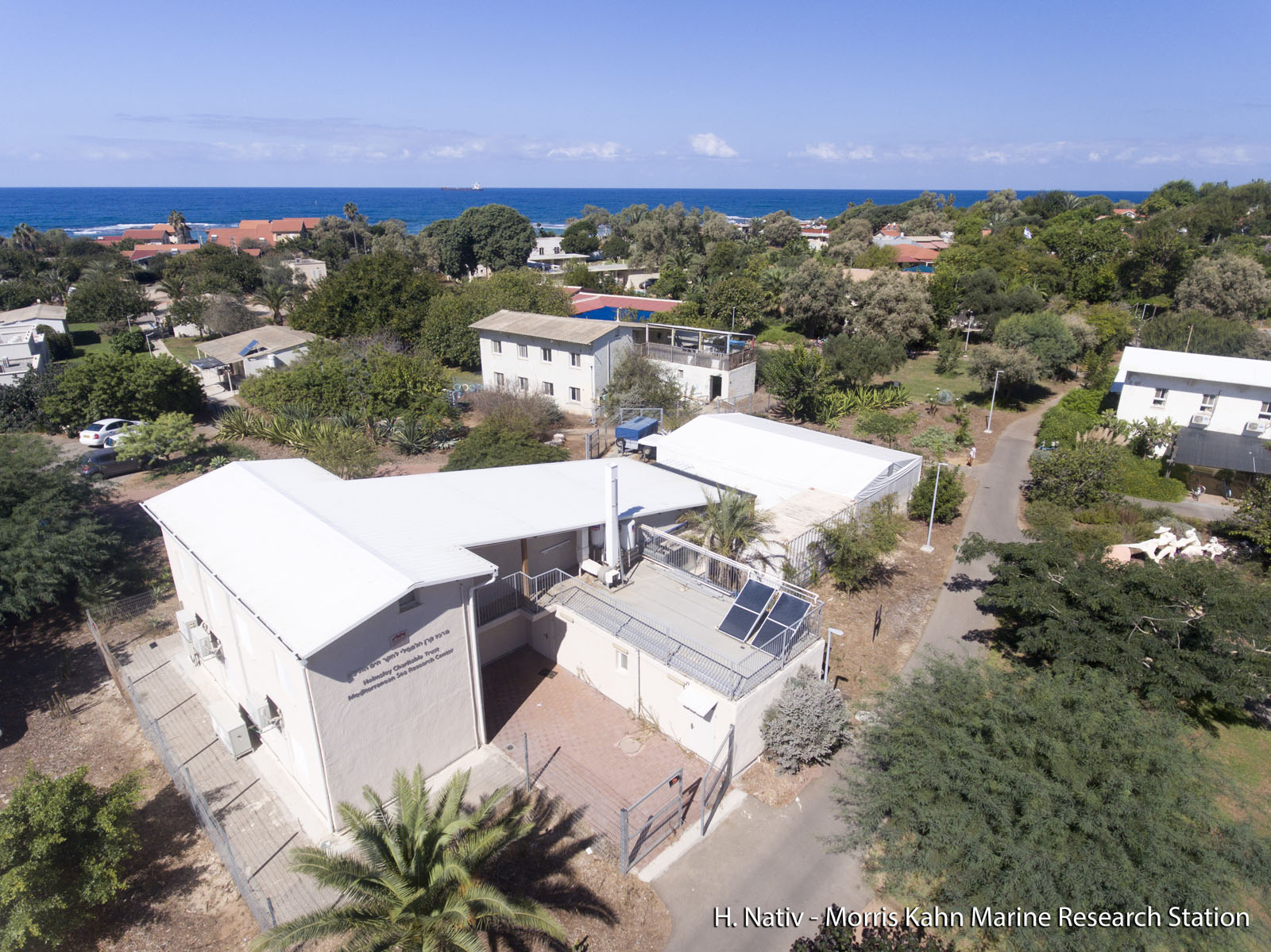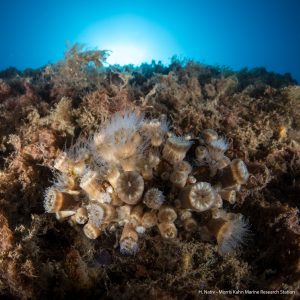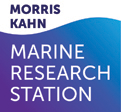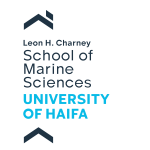About
The Morris Kahn Marine Research Station was established in order to provide baseline data and understanding of the marine ecological system in the Mediterranean Sea of Israeli coastal waters.

The Charney School of Marine Sciences at the University of Haifa established a Long-Term Ecological Research (LTER) station focusing on the eastern Mediterranean basin located in Kibbutz Sdot Yam, 44 km south of Haifa, near Caesarea. The station’s name is: Morris Kahn Marine Research Station, and it is focuses on five main research topics;
The Israeli coastal area and the eastern Mediterranean Sea is experiencing accelerated development and infrastructure projects along the coastline, and a massive exploitation of marine resources never experienced in our region and nation. Coupled with the effects of global climate change and local polluting factors, life in the shallow and deep sea are changing rapidly.
The Morris Kahn Marine Research Station is responsible for collecting biological and ecological data for long term research that will provide insight for understanding processes and predicting the effects of climate change and development on the environment. Such data will allow for science-based decisions that will greatly influence the interaction nature of future generations with the sea and the marine environment. This issue is particularly important given the fact that an majority of the water consumed in Israel is produced through desalinization of sea water, the main energy supply is based off of marine gas fields, aquaculture is gaining momentum as development allows for the cultivation of fish for human consumption in marine farms, and national projects referring to the sea as “developable land” that can be dried and made into artificial islands for various infrastructures.
In order to accompany such a momentum in development without the collapse of the ecosystem and destruction of the sea as a natural resource, there is a need to provide reliable and in depth understanding as to how the system works.
To accomplish these goals, the station employs top of the line researchers specializing in the Mediterranean as well as collaborate with other academic and research centres in Israel, while providing the best equipment for research and analysis of data collected from the sea including;

- Rosette collecting water samples from different depths
- CTD device for measuring physical data of water
- Advanced underwater photography and documentation equipment
- Closed and controlled water system for aquaculture research
- Device for detecting and quantifying nutrients in the water (Seal AA3).
- Robot for measuring isotopes in samples (GC-IRMS-MS)
- Confocal microscopy
- Membrane mass spectrometer
- Servers for database backup and maintenance
- AAUS diving club performing scientific technical dives
- Closed Circuit RebreathersClosed Circuit Rebreathers dives to allow deep, long, and safe dives
- Boat used as a platform for diving and marine monitoring on the continental shelf
- Laboratories for dissection
- Work rooms for student and guest researchers
- Meeting/conference rooms
- AUV and ROV (Marine technologies lab)
- THEMO buoy for deep sea research
- Drones and other aerial devices
- Website for sharing information as well as providing accessible information for the general public.

